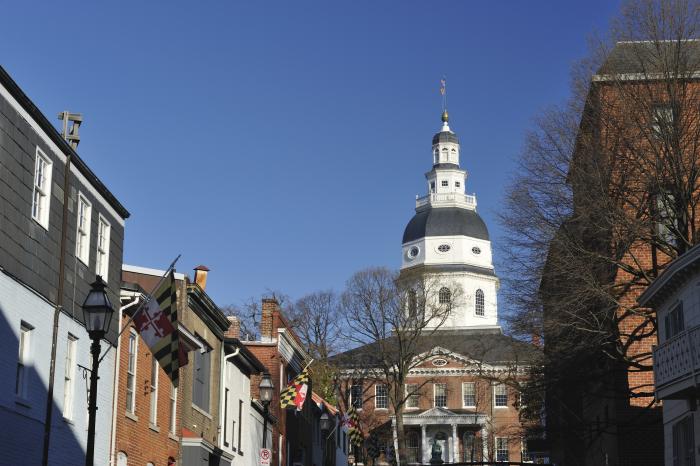MCRIC Partners with Annapolis Police Department on Workload Study
UMD Researchers Are Working with APD to Analyze Resource Allocation and Staffing
Researchers from the Maryland Crime Research and Innovation Center (MCRIC) at the University of Maryland are partnering with the Annapolis Police Department (APD) on a workload study to help determine optimal officer staffing, deployment, response times, and effectiveness.
Effective resource allocation is crucial for law enforcement agencies to ensure public safety, maintain operational efficiency, and meet the needs of their communities. Current nationwide challenges related to the recruitment and retention of police officers make insights on adequate staffing and resource allocation even more important for police departments. An effective way to understand and navigate these challenges is to undertake a data-informed workload analysis.
A data-informed workload analysis uses administrative calls for service data to understand community needs and how they vary across jurisdictions, seasonally, and throughout any given day. Community-informed approaches to public safety involve the determination of optimal staffing levels, an understanding of how and where to allocate resources, and a strategy for increasing, decreasing, or redistributing resources based on areas of need.
APD has been committed to this process and has been a highly collaborative partner with the UMD research team.
“We have been impressed by the commitment of Annapolis city leaders and the Annapolis Police Department community to this important work,” said MCRIC Director and Associate Professor of Criminology and Criminal Justice Bianca Bersani. “It’s clear that APD is facing workload challenges and that there is a strong commitment from the entire APD community to identifying these challenges and thinking creatively about how best to address them.”
The MCRIC study is holistic, bringing in multiple data points to garner a more complete picture of the current workload, considering the seasonal, geographic, and social factors that are unique to the city, as well as perceptions of specific challenges and opportunities that APD currently faces. The MCRIC researchers are consulting a variety of stakeholders both within and outside the APD community and involving the full agency across many levels, giving officers the opportunity for input into the study.
The MCRIC research study will help APD make decisions on optimizing posts, shifts, patrol areas, and community outreach officer deployment, and estimate needs for additional workforce to support public safety services.
This article was originally published on the MCRIC website. The photo of the Maryland State House in Annapolis, Md. is from iStock.
Published on Fri, Aug 9, 2024 - 11:42AM




